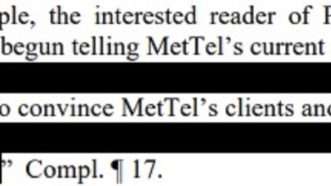Public Has Right "to See What Is Going Into the Sausage Factory [of Litigation], Even if a Particular Sausage Is Never Made"
Federal court holds that documents accompanying motions are presumptively accessible even if the case settles before the court decides the motion.


